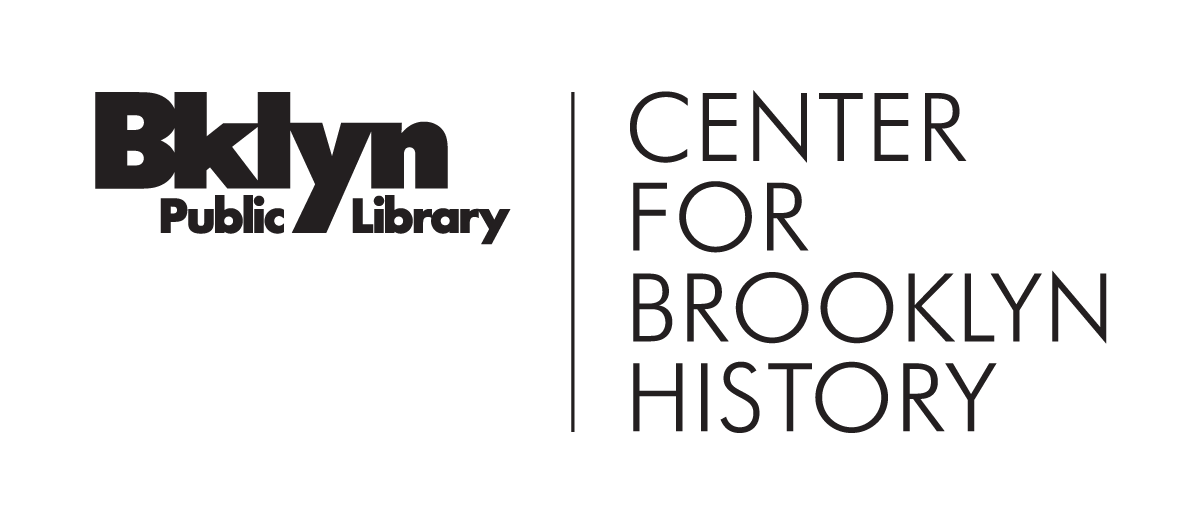CBH Talk | Indigenous Languages at the Brink
The violent history of erasing First Nations language and culture, and decades of assimilation, threaten to end once and for all the rich linguistic heritage of Native Americans. Language is critical to keeping Indigenous cultural heritage alive. Language is inseparable from cultural identity.
Meet two champions who are working to protect threatened Indigenous languages. Ross Perlin, author of Language City: The Fight to Preserve Endangered Mother Tongues in New York, is co-director of The Endangered Language Alliance which is dedicated to preserving language diversity. Charlie Uruchima co-founded and runs the media collective Kichwa Hatari which brings the Incan-based Quechua/Kichwa language to Quechua-speaking communities in New York, revitalizing the language and community ties through radio, media, and grassroots organizing.
Join them in a conversation that touches upon the history of settler colonialism, the resulting traumatic dispossession of Native American languages, the relationship between language loss, culture loss and indigenous invisibility, the grassroots efforts to maintain and revive these fundamental pillars of cultural heritage, and why language preservation is so essential for First Nation communities today.
Ross Perlin photo by Cecil Howell
Participants
Ross Perlin is a linguist, writer, and translator. He is co-director of the Endangered Language Alliance (ELA), a non-profit research institute focused on documenting and supporting endangered languages in New York City and beyond. At ELA since 2013, he directed the creation of the Languages of New York City map (www.languagemap.nyc) and has managed a variety of projects focused on language documentation, language policy, and public programming around urban linguistic diversity. He has written for the New York Times, The Guardian, Harper’s, and n+1. The Endangered Language Alliance has been covered by the New York Times, the New Yorker, BBC, NPR, and many others. Perlin’s most recent book is Language City: The Fight to Preserve Endangered Mother Tongues in New York, published in 2024 by Grove. He is also the author of Intern Nation: How to Learn Nothing and Earn Little in the Brave New Economy. He is a native New Yorker.
Charlie Uruchima was born and raised in New York City of Kichwa-Kañari (Ecuadorian) descent. He is a community organizer, cultural worker, media producer, and musical curator working in the intersections of community, labor, and cultural organizing in New York City. In July 2014, Charlie co-founded Kichwa Hatari, the first Kichwa radio project in the U.S. Since 2012, Charlie has worked extensively with independent and grassroots organizations in New York City, like Democracy Now, New Immigrant Community Empowerment (NICE), and Brandworkers. Currently, Charlie works at the New York Committee for Occupational Safety and Health (NYCOSH) coordinating the Manhattan Justice for Workers Collaborative (MJWC), a city-wide workers’ rights initiative, where, in 2019, he helped organize and launch New York City’s first Workers’ Bill of Rights in five Latin American indigenous languages, including Kichwa, K’iche’, Mixteco, Garifuna, and Nahuatl. He is also working toward a master’s degree at the CUNY School for Labor and Urban Studies, focusing on the relationship between autonomy, belonging, and labor within Latin American indigenous communities in New York City.









